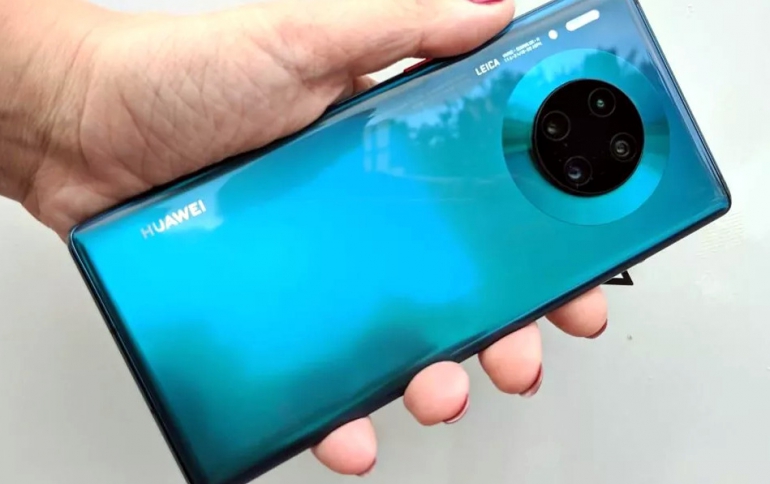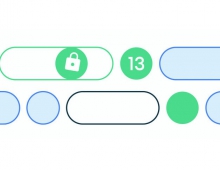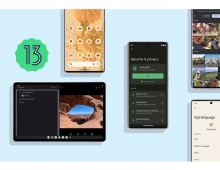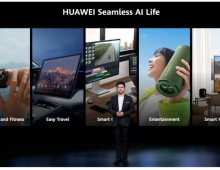
Huawei Warns About Possible Market Fragmentation If U.S. Pressure Continue
Huawei warned the U.S. government and Google that the time is running out for a return to business as usual, and sees no turning back once the Chinese company launches an alternative to U.S. tech.
If Huawei is forced to “resort to alternatives” to Google (Android), CEO Ren Zhengfei told CNN, and if a Plan B for Huawei gain momentum, returning to previous versions becomes less likely. Ren talked about “a critical moment for all of us,” suggesting “the U.S. government considers what's best for American companies.”
Ren also warned Samsung and Apple that it still intends to capture the global top spot for smartphone shipments—despite the U.S. blacklist. “I don't think this will be a problem, but it will take time.”
If Huawei is forced into a Plan B, Google and the U.S. risk losing their monopoly influence over key elements of worldwide technology standards. Six months after the blacklist hit, Huawei’s message is that the blacklist isn’t working, and talks about a long-term price that the U.S. may pay.
Some days ago, Microsoft secured a U.S. Commerce Department license to renew its mass-market software supples to Huawei. There is no word as to whether Google will receive the same, but Ren confirmed that the Google situation remains wait and see, with no decision one way or the other on its license.
Ren's backup plan unveils a significant investment in Huawei’s own mobile services to compete with Google’s Play Store, Maps, Gmail, Pay. Huawei has committed more than $1 billion to the incubation of a new app ecosystem, and has signaled that it will offer price breaks to app developers.
Attempts in recent years to carve any alternatives to Google and Apple in the mobile sphere have failed. However, if an app ecosystem can be nurtured that competes with the two global operating systems, and if manufacturers from China and South East Asia - including Russia -- jump onboard, the tech landscape will have changed.
The U.S. tech giants definitely want to avoid that scenario.
An alternative OS ecosystem could be built around the open-source version of Android that is not restricted. Huawei has already announced the HarmonyOS, which, however, has not been described as a replacement for Android.
Huawei obviously can't wait any longer, as it has already missed one flagship, the Mate 30.
Since the blacklist hit, Huawei has continued to grow its consumer business, leaving Apple further behind and chasing down Samsung for the global crown. Huawei also still leads the pack for network equipment sales, despite the U.S. campaign claiming the company is a national security risk.
Ren told CNN that Huawei will be expanding its international business next year and the year after.





















